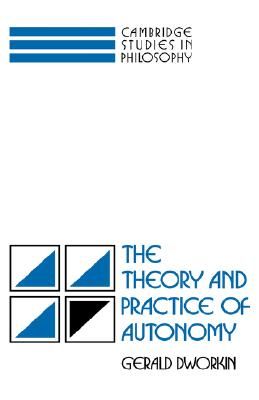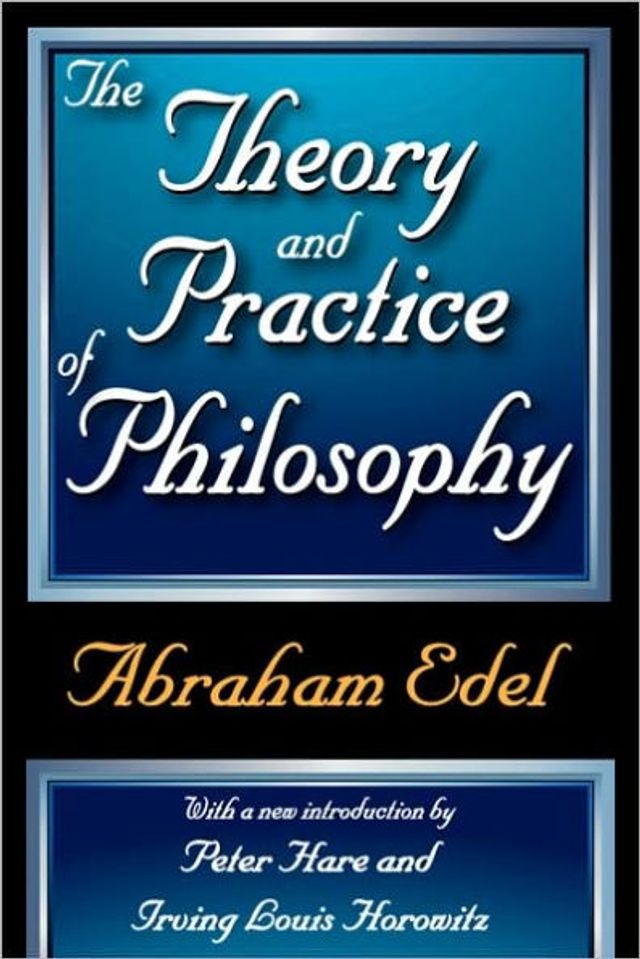Home
Living in Paradox: The Theory and Practice of Contextual Existentialism
Loading Inventory...
Barnes and Noble
Living in Paradox: The Theory and Practice of Contextual Existentialism
Current price: $44.99


Barnes and Noble
Living in Paradox: The Theory and Practice of Contextual Existentialism
Current price: $44.99
Loading Inventory...
Size: OS
*Product Information may vary - to confirm product availability, pricing, and additional information please contact Barnes and Noble
Living in Paradox
focuses on the emergence of contextual existential theory and practice from more traditional existential psychology. It speaks to the needs of the whole person in their process of becoming with attention to the spiritual domain. Farley addresses the diversity of humankind and the need to be culturally aware as we attempt to address the dilemmas that present themselves to us in our work. He also expresses the importance of context in connection to our relational selves, and the ways in which we create meaning and values in our lives. He explains how the "worlds" of existential theory must be examined clearly in both assessment and practice. Finally, he makes a case for the importance of existential practitioners to participate in the larger mental health arena. This includes working from within to guide the evolution of ideas connected to assessment and diagnosis, as well as therapy itself.
focuses on the emergence of contextual existential theory and practice from more traditional existential psychology. It speaks to the needs of the whole person in their process of becoming with attention to the spiritual domain. Farley addresses the diversity of humankind and the need to be culturally aware as we attempt to address the dilemmas that present themselves to us in our work. He also expresses the importance of context in connection to our relational selves, and the ways in which we create meaning and values in our lives. He explains how the "worlds" of existential theory must be examined clearly in both assessment and practice. Finally, he makes a case for the importance of existential practitioners to participate in the larger mental health arena. This includes working from within to guide the evolution of ideas connected to assessment and diagnosis, as well as therapy itself.


















